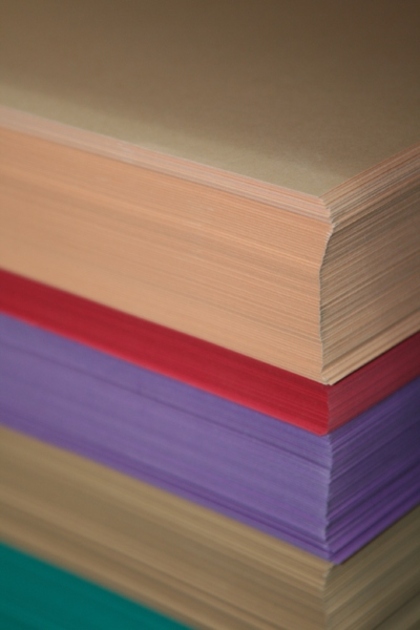
Our Gemara on Amud Beis uses an unusual phrase:
ืึฐืึทื ึฐืึฒืจึดืื ึฐืืึผ ืึฐืขึทืึฐืื ึดืื
“He illuminated our eyes”.
This phrase occurs only four times in Shas (Yevamos 35a, 56b, 58a and Bava Basra 53b), all with Rav Sheshes being the one who enlightened the other rabbis, and the author being Rav Amram.
There are a number of biographical details about Rav Sheshes that can help solve this puzzle: Rav Sheshes reviewed all of his teachings every 30 days (Pesachim 68b), and his teachings included “halakha, and Sifra, and Sifrei, and Tosefta, and the entire Talmud (as was extant in his time)” according to Shevuous 41b. In addition, Rav Sheshes was blind (Berachos 58a). When you put these pieces together, the response of the Gemara is purposeful. It is about respecting Rav Sheshes’ mastery of Tannaitic teachings, figuratively enlightening others, despite being blind.
Digging deeper, we can see three possibilities behind this phraseology.
- It is a clever quip, to indicate that the blind person is the one who give the most enlightenment. This is similar to the Talmudic word for blind person, who is euphemistically called “sagi nhor” “much light.”
- Additionally, it may be a deliberate comforting statement to Rav Sheshes. It is not easy to always be taken care of by others, which no doubt, Rav Sheshes as a blind man must have needed. Therefore it must have been comforting for Rav Sheshes to hear that he was a guiding light for others, and not only a person who had to be guided.
- Finally, it may have served as a Segulah/ zechus to cure Rav Sheshes, much like a single tries to make Shidduchim as a zechus to get married.
I think this shows an amazing degree of consistency and textual purpoisefulness and accuracy within our traditional teachings. It is remarkable when you consider the Talmud was compiled over several hundred years and then preserved for two millenia in eras that had no technologies such as the printing press and other data storage. We are privileged to have a such a corpus of traditions and teachings that embody wisdom, authenticity and veracity.
Translations Courtesy of Sefaria, except when, sometimes, I disagree with the translation ![]()
If you liked this, you might enjoy my Relationship Communications Guide. Click on the link above.
Rabbi Simcha Feuerman, Rabbi Simcha Feuerman, LCSW-R, DHL is a psychotherapist who works with high conflict couples and families. He can be reached via email at simchafeuerman@gmail.com
 Previous
Previous

